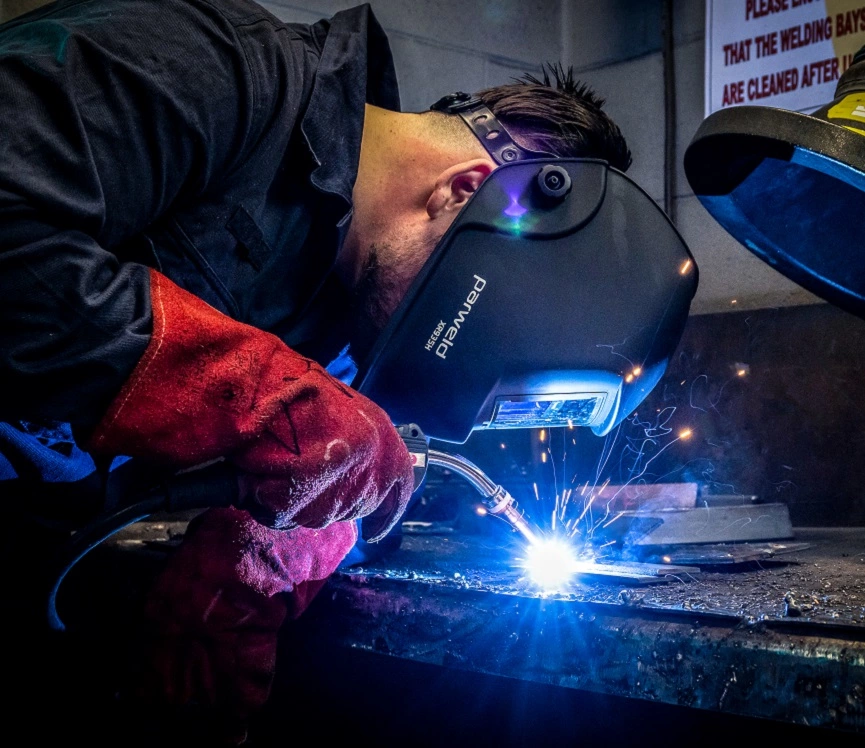- Courses
- Subject areas
- A Levels
- Access to Higher Education
- Animal Management
- Applied Science
- Art & Graphic Design
- Beauty Therapy
- Bricklaying
- Business, HR & Accounting
- Carpentry & Joinery
- Computing & ICT
- Construction
- Courses for jobs (Adults)
- Creative Media
- Electrical Installation
- Engineering
- ESOL
- Foundation Education
- Hairdressing
- Health & Childcare
- Home Energy Centre
- Hospitality & Catering
- Institute of Technology
- Medway School of Arts
- Motor Mechanics
- Multi-Trades
- Music Production & Performance
- Online Learning
- Performing Arts
- Plumbing, Heating & Gas
- Public Services
- Sport, Fitness & Leisure
- Sustainable Construction Skills
- Teacher Training & Education
- Travel, Tourism & Aviation
- University level & professional courses
- Which course is for me?
- T Levels
- How to apply
- Study programmes
- Level 3 free courses for jobs
- Adult college courses
- Testimonials
- Subject areas
- Apprenticeships
- Apprenticeship vacancies
- Accountancy apprenticeships
- Business administration apprenticeships
- Construction trade apprenticeships
- Construction & civil engineering management apprenticeships
- Customer service apprenticeships
- Engineering apprenticeships
- Mechanic apprenticeships
- Apprenticeship Reforms & the Apprenticeship Levy
- Employer information
- Employers
- Help & advice
- News & events
- About us
- Maidstone Campus
- Medway Campus
- University Centre Maidstone
- MKC Training
- Jobs at MidKent College
- Term dates
- Leadership
- Governance
- Equality & diversity
- Strategic priorities
- Partner network
- Policy and privacy information
- Ofsted Reports
- Alumni
- Contact us
Inspectors of standards and regulations
Description
Inspectors of standards and regulations undertake investigations and inspections to verify and ensure compliance with acts, regulations and other requirements in respect of: buildings; weights, measures and trade descriptions; the installation and safety of electrical, gas and water supplies and equipment; marine pollution, ships’ structures, equipment and accommodation; the treatment of animals; the operation of commercial vehicles; the welfare, health and safety in factories and all work sites subject to the provisions in the Factory Acts.
Tasks
- examines building plans to ensure compliance with local, statutory and other requirements
- inspects building structures, facilities and sites to determine suitability for habitation, compliance with regulations and for insurance purposes
- inspects measuring and similar equipment in factories and visits street traders, shops, garages and other premises to check scales, weights and measuring equipment
- inspects factories and other work sites to ensure adequate cleanliness, temperature, lighting and ventilation, checks for fire hazards and inspects storage and handling arrangements of dangerous materials
- visits sites during construction and inspects completed installations of electricity, gas or water supply
- draws attention to any irregularities or infringements of regulations and advises on ways of rectifying them
- investigates industrial accidents or any complaints made by the public
- verifies the weight of commercial vehicles, checks driver’s licence and hours worked
- samples and tests river water, checks and advises on premises discharging effluent to prevent pollution
- checks fishing licences and prevents illegal fishing
- visits premises where animals are kept, advises on animal care and investigates complaints
- undertakes other inspections including chemicals, drugs, flight operations, etc.
- prepares reports and recommendations on all inspections made and recommends legal action where necessary.
Educational Requirements
Entrants usually possess A levels/H grades, a degree or equivalent qualification, together with experience gained in employment. Professional qualifications, membership of professional bodies, postgraduate diplomas and NVQs/ SVQs at Levels 3 and 4 are available and may be required in some occupations. On-the-job training is available in some areas.
